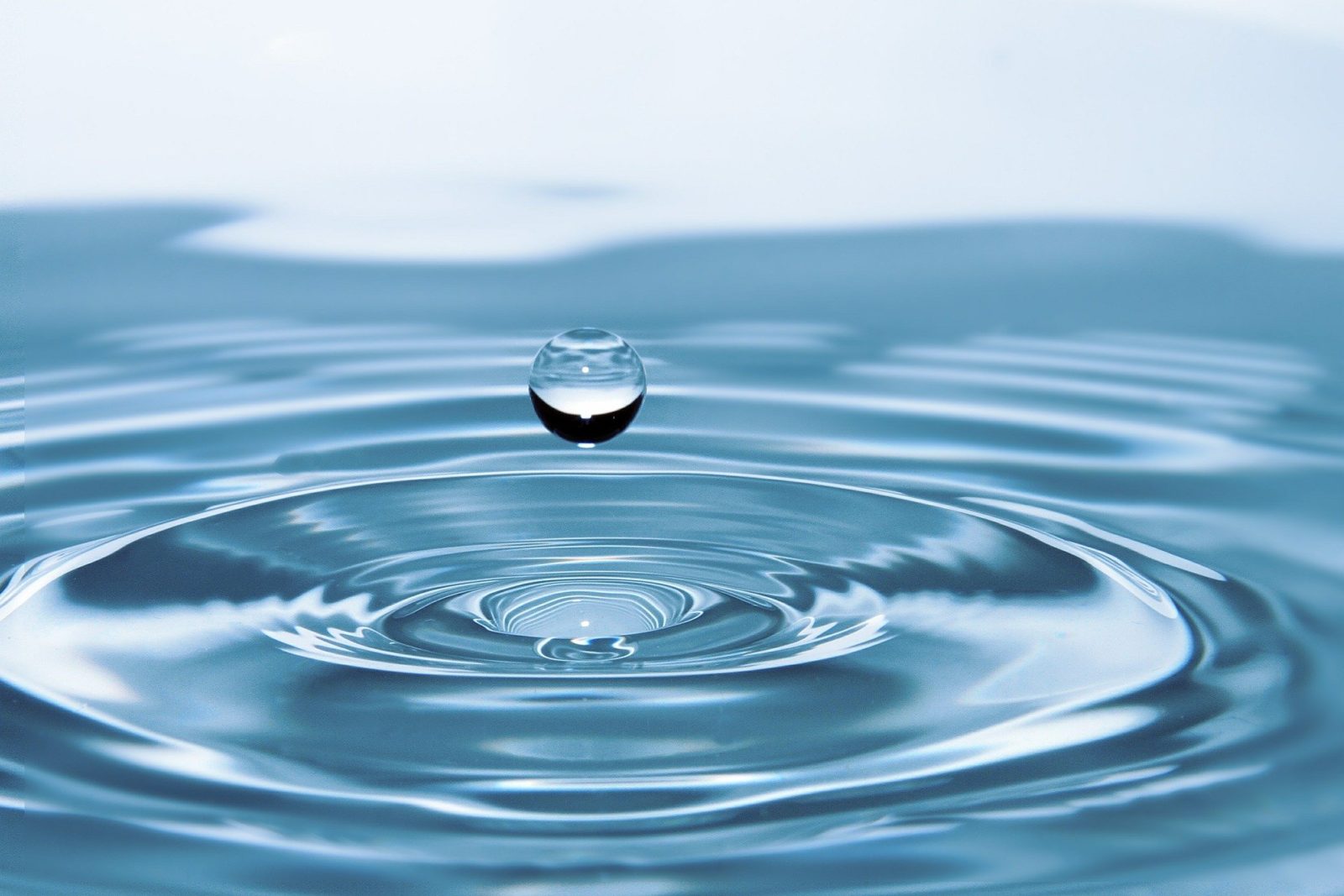In simple terms, water theft is taking water without permission. As an individual or business, you may be accused of stealing water by interfering with a water meter or by taking water in an area where there is insufficient or no water allocation. You may also land yourself in hot water (so to speak) because you are accessing groundwater without being authorised to do so or if you have taken more water than your permit allows.
In New South Wales, the offence of water theft is covered by the Water Management Act 2000 (NSW) (‘The Act’) and the Water Act 1912 (NSW).
The Act lists three tiers of penalty offences:
Tier |
Maximum Penalty: Individuals |
Penalty Units |
Daily Penalty Units if offence continues |
Maximum Penalty: Corporations |
Penalty Units |
Daily Penalty Units if offence continues |
Tier 1 |
Imprisonment for 2 years or a fine of $1,100,000.00, or both. |
10,000 |
1,200 = $132,000.00 |
Fine for $5,000,000.00 |
45,500 |
2,400 = $264,000.00 |
Tier 2 |
$500,500.00 |
4,550 |
600 = $66,000.00 |
$2,002,000.00 |
18,200 |
1,200 = $132,000.00 |
Tier 3 |
$11,000.00 |
100 |
The penalties for stealing water can be quite severe, as demonstrated in the following cases:
The penalties for stealing water can be quite severe, as demonstrated in the following cases:
- Water NSW v Harris (No 3) [2020] NSWLEC 18. The defendants were found to have extracted water illegally for irrigation means, contrary to a condition on the joint water use and supply approvals. They were charged with a Tier 2 offence.
- Water NSW v Barlow [2019] NSWLEC 30. The court convicted the defendant of three offences, with a total fine of $140,765 and an order to pay the prosecutor’s costs.
Defending yourself against water theft accusations
The investigative agency that checks if irrigators are compliant with water management in NSW is the Natural Resources Access Regulator (NRAR).
The most common water theft offences the NRAR investigate include:
- Constructing or using water supply works without a water supply work approval – section 91B;
- Taking water from a water source while the metering equipment was not operating effectively – section 91I;
- Contravening the terms or conditions of an approval – section 91G;
- Taking water for which there is insufficient, or no, water allocation – section 60C; and
- Taking water from a water source otherwise than in accordance with the water allocation for the access licence – section 60D.
The challenge for the NRAR or anybody pursuing a charge of water theft is that it can be hard to prove whether the supply was accessed by mistake or intentionally, especially if the alleged offender holds a water access permit.
There are a number of possible defences if there is an accusation against you or your business. These could include the following:
- If you can prove that the offence was due to causes beyond your control and that you took precautions to prevent it from happening;
- If the water was taken pursuant to a basic landholder right or consent was given (pursuant to section 71V);
- If the water was taken in circumstances for which provision is made in a management plan (under section 85A(2));
- If you were exempt, pursuant to The Act or the regulations, from any requirement for an access licence in relation to the taking of water from the water source
How to Avoid Water Theft
Reviewing and checking your activities is the best way to ensure you are not illegally stealing water, whether that be for irrigation or housing purposes.
For example:
- Check what permits, licences and approvals you need and make sure they are in place;
- Regularly review your access licences and approvals;
- Regularly review your water entitlements and extraction limits;
- Regularly review the conditions for each of your licences;
- Review your water usage reports received at the end of each season to check the amount of water you are actually using each season and whether there is a decrease or increase in usage in comparison to previous years;
- If at any time you are unsure of your water allocation, entitlements, current usage or if you want to check that you are complying with NSW water laws, contact any of the following four government bodies:
- Department of Industry – Lands & Water, contact: 02 9338 6600
- Natural Resources Access Regulator, contact: 02 9338 6600
- WaterNSW, contact: 1300 662 077
- Office of Environment & Heritage, contact: 1300 361 967
How We Help
If you are breaking the law and accessing water without permission, even if you don’t realise it, you could face a heavy penalty. This is why it is essential you ensure your business or property are compliant with water access regulations in NSW.
At Hunt & Hunt Lawyers, compliance is an important part of our work. We offer a range of expertise relating to the legal use of water, including:
- Assisting with water transfers
- Lodging applications through Water NSW including for water approvals, licences and dealings, security interests and metering
- Assisting with the purchases of land intended for irrigation purposes and undertaking searches to:
- Identify any approvals decided under the Water Management Act 2000 which may be connected to the parcel of land and is to be included in the sale and transferred on settlement;
- Identify any limitations or possible charges accompanying the approvals if there are entitlements to be transferred to the new landowner; and
- Assist the future purchaser to assess the property as a commercial enterprise.
Want to know more about staying compliant when it comes to the use of water in NSW? Contact us today on (02) 9391 3000.
Article prepared by: Simone Cacopardo, Graduate & Sarah Cappello, Partner












